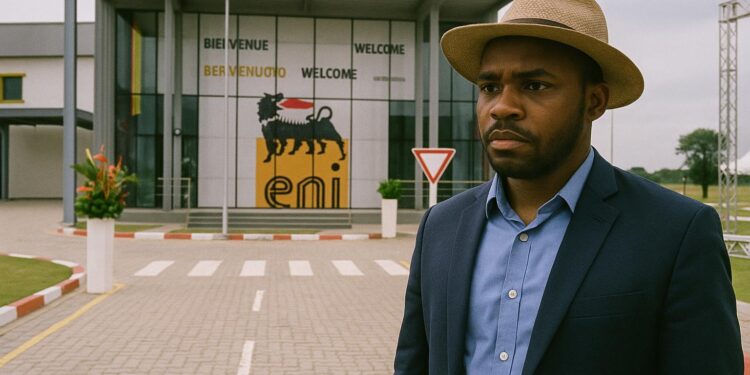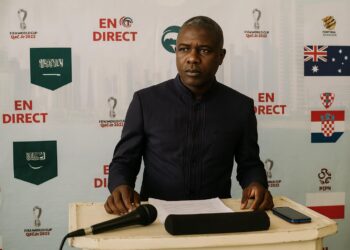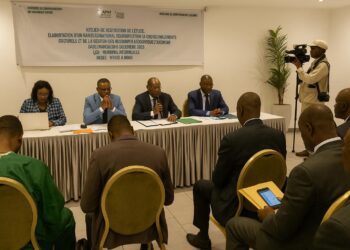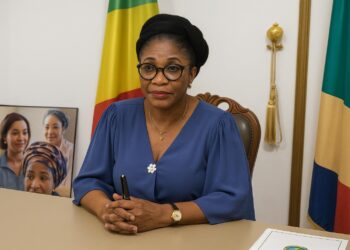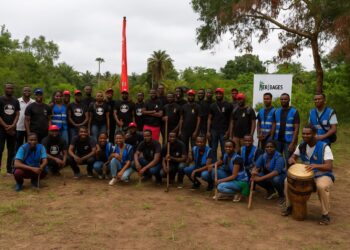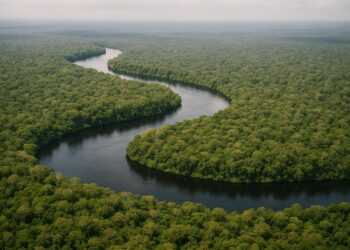Congo steps up renewable talent drive
The Republic of Congo’s flagship Centre of Excellence in Oyo has opened applications for its second national research scholarship round, renewing the government’s bet on home-grown talent to accelerate the country’s renewable-energy and efficiency agenda.
Targeting master-2 and post-master students enrolled in public universities, the programme signals continuity after a well-received first edition in 2023, which, according to the Ministry of Higher Education, generated fifteen prototype technologies now under patent review.
Applications must be lodged online before 31 October, leaving a four-month window for candidates to craft research proposals capable of convincing a jury of local professors and international experts invited by the centre.
What the scholarship covers
Successful applicants will from January 2026 receive a monthly allowance calibrated against urban living expenses, accommodation on the Oyo campus, and privileged access to cutting-edge laboratories, pilot plants and dedicated scientific mentors.
Centre director Charles Boukaka explains that the stipend is designed to free researchers from financial constraints, enabling them to concentrate on experiments rather than side jobs, a friction that often slows laboratory productivity in Central Africa.
The centre will also co-finance fieldwork, for instance solar irradiation mapping in remote districts or energy-management audits in hospitals, reinforcing the empirical dimension that international donors such as the African Development Bank have repeatedly encouraged.
Aligning with national energy priorities
Congo’s Renewable Energy and Energy Efficiency Law, promulgated in 2022, sets a 30 % clean-generation target by 2030; scholarship themes therefore concentrate on solar micro-grids, biomass valorisation and demand-side management solutions relevant to the national grid.
Industry operator Société Nationale d’Électricité is already testing two prototypes from the previous cohort, notably a low-cost data logger that tracks transformer stress in real time and could reduce rural outages.
By anchoring research topics to operational bottlenecks, the centre hopes to shorten the path from laboratory to market and attract venture capital interested in the sub-region’s nascent climate-tech space, observers at PwC Brazzaville noted last week.
Inside the Oyo campus
Located on the banks of the Alima river, the 12-hectare Oyo complex hosts photovoltaic test beds, a biomass gasifier, and a simulated micro-grid able to reproduce faults typical of Congo’s provincial networks.
Laboratories operate in partnership with the University of Marien-Ngouabi and with France’s Centre for Scientific Research, facilitating equipment calibration and joint publications in peer-reviewed journals, a requisite for international ranking.
Digital connectivity has been upgraded through a fibre link inaugurated in May, allowing high-resolution data transfer to foreign supervisors and remote participation in seminars, a feature hailed by diaspora scientists who can now mentor students without leaving Boston or Paris.
Application process in detail
Candidates must upload a ten-page research plan detailing context, methodology, expected impact and budget; two reference letters and the supervisor’s endorsement ensure institutional backing and help the jury measure feasibility.
Selection will proceed in two rounds: a desk review in November, followed by oral defenses in Brazzaville and Oyo during December, with final results communicated before the Christmas break, according to programme coordinator Émilienne Okemba.
Okemba stresses that geographic diversity remains a core criterion; at least 40 % of awardees must come from outside Brazzaville, reflecting the government’s effort to decentralise scientific opportunity and curb urban migration.
Financing and partnerships
Funding stems from a tripartite arrangement involving the national budget, a concessional line from the International Renewable Energy Agency, and carbon-credit revenues generated by Congo’s Lowland Forest Conservation Project launched in 2021.
Private sector involvement is expected to grow; TotalEnergies EP Congo has signalled interest in sponsoring a prize for the best thesis on flare gas recovery, while local bank BGFI aims to create a seed fund for spin-offs.
Observers note that such corporate engagement mirrors requirements under Congo’s 2021 Local Content Regulation, which encourages oil operators to earmark at least 0.3 % of annual turnover for research and professional training activities.
Expert perspectives
Professor Sylvie Mankessi, energy economist at the University of Yaoundé, argues that the Oyo mechanism represents a ‘smart blending’ of public finance and climate instruments, a configuration donors increasingly promote across the Central African Economic Community.
She notes that awarding starts in 2026, providing a buffer to refine monitoring indicators that will satisfy both national auditors and external partners such as the World Bank, which uses rigorous outcome-based frameworks.
Local entrepreneur Firmin Ntsiba, founder of solar start-up Kudit, hopes the policy will ‘unlock a pipeline of researchers we can later hire’, pointing to chronic talent shortages in installation design and battery analytics.
Implications for investors
For investors, the scholarship track record offers an early-stage technology scouting channel, de-risked by government backing; due diligence can begin during student demos, long before typical venture entries, analysts at Deloitte Central Africa underline.
Combined with forthcoming power-sector reforms that will unbundle transmission, the talent pipeline signals a progressively more attractive environment for capital looking at small-scale renewable assets in the Congo Basin.

































